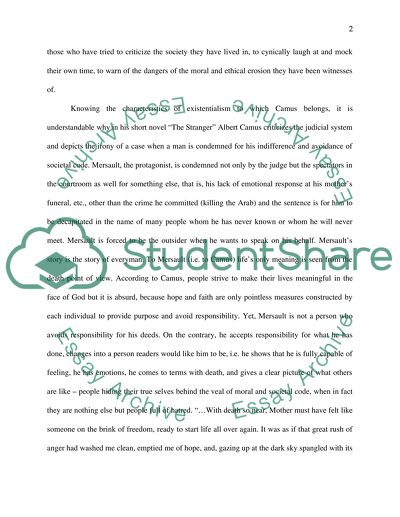Cite this document
(“Self and Society Essay Example | Topics and Well Written Essays - 1500 words”, n.d.)
Self and Society Essay Example | Topics and Well Written Essays - 1500 words. Retrieved from https://studentshare.org/miscellaneous/1520560-self-and-society
Self and Society Essay Example | Topics and Well Written Essays - 1500 words. Retrieved from https://studentshare.org/miscellaneous/1520560-self-and-society
(Self and Society Essay Example | Topics and Well Written Essays - 1500 Words)
Self and Society Essay Example | Topics and Well Written Essays - 1500 Words. https://studentshare.org/miscellaneous/1520560-self-and-society.
Self and Society Essay Example | Topics and Well Written Essays - 1500 Words. https://studentshare.org/miscellaneous/1520560-self-and-society.
“Self and Society Essay Example | Topics and Well Written Essays - 1500 Words”, n.d. https://studentshare.org/miscellaneous/1520560-self-and-society.


